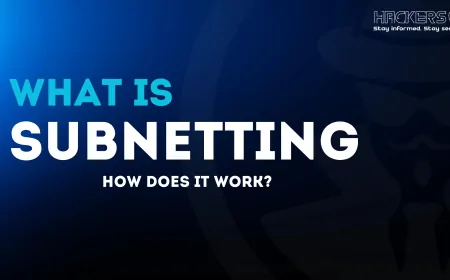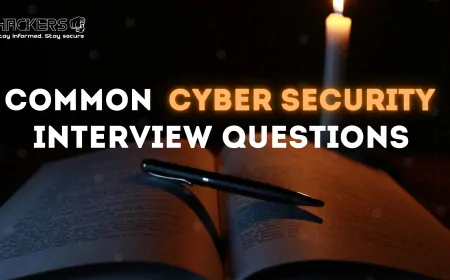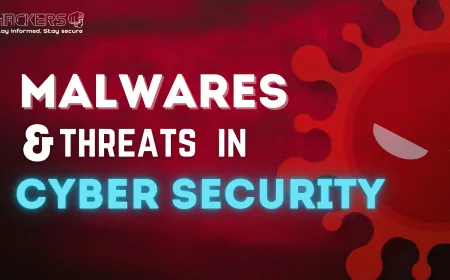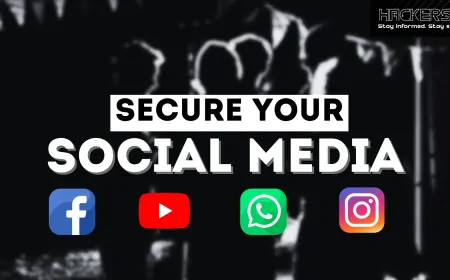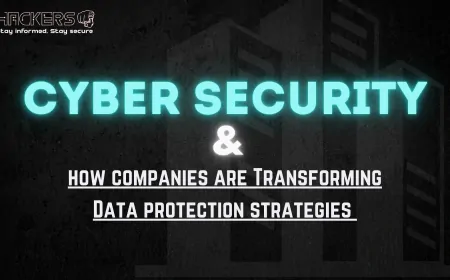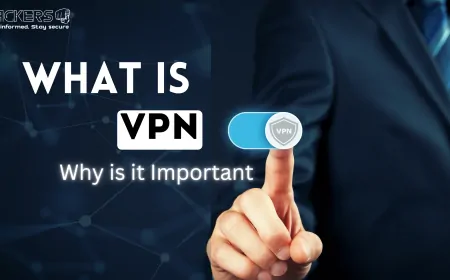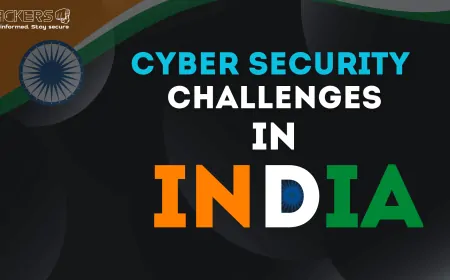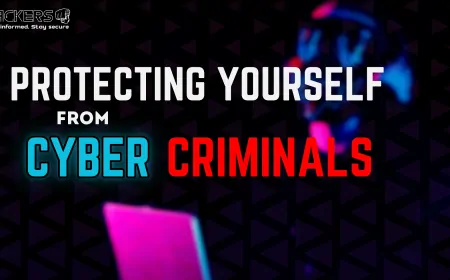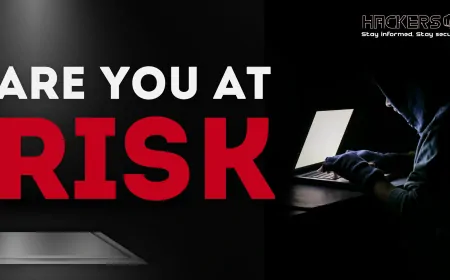1. What are the most common types of social media scams?
Answer: Social media scams often take the form of phishing scams, fake investment opportunities, romance scams, prize scams, and impersonation scams. Scammers exploit emotional manipulation, urgency, or promises of rewards to deceive users into sharing personal information or money.
2. How can I spot a social media scam?
Answer: Look out for unsolicited messages or friend requests from strangers, links that seem suspicious, deals that seem "too good to be true," and urgency in the tone of the message. If something feels off, it’s worth investigating further before engaging.
3. Why do fraudsters target social media platforms?
Answer: Social media platforms provide fraudsters with access to a large audience, allowing them to spread their scams quickly. The platforms' ease of use, wide user base, and anonymity of fake accounts make them ideal for scammers to target vulnerable individuals.
4. How can I protect myself from social media scams?
Answer: To protect yourself, avoid clicking on links from unknown sources, limit the information you share on social media, use strong and unique passwords, and enable two-factor authentication on your accounts. Being cautious about unsolicited messages or friend requests is also crucial.
5. What should I do if I’ve fallen for a social media scam?
Answer: If you've fallen victim to a scam, act quickly by changing your passwords, reporting the scam to the platform, and contacting your bank or credit card company if financial details were shared. Additionally, notify your friends if your account was compromised to prevent further damage.
6. Are social media platforms doing enough to stop scams?
Answer: While platforms like Facebook, Instagram, and Twitter have implemented stronger security measures and reporting tools, scams still proliferate due to the evolving tactics of fraudsters. Platforms are continually working to improve these protections, but user vigilance remains key.
7. How can I recognize a phishing scam on social media?
Answer: Phishing scams typically involve fraudulent messages that appear to be from legitimate companies or friends. These scams often request sensitive information like login credentials or credit card details, sometimes by posing as customer service or security alerts.
8. Can scammers use social media to steal my identity?
Answer: Yes, scammers can gather personal information from your social media profiles, such as your full name, birthdate, location, and even family details. This information can be used to create fake identities or launch identity theft schemes, so it’s important to adjust your privacy settings accordingly.
9. What role do social media platforms play in preventing scams?
Answer: Social media platforms help by providing users with tools to report suspicious activity, implementing stricter ad regulations, and offering educational resources about common scams. Platforms also employ automated systems to flag and remove fake accounts.
10. How can I help others avoid social media scams?
Answer: By sharing your knowledge of scams, educating your friends and family about red flags, and reporting suspicious accounts or activities, you can help raise awareness. Spreading information about common scams can prevent others from falling victim to fraud.










